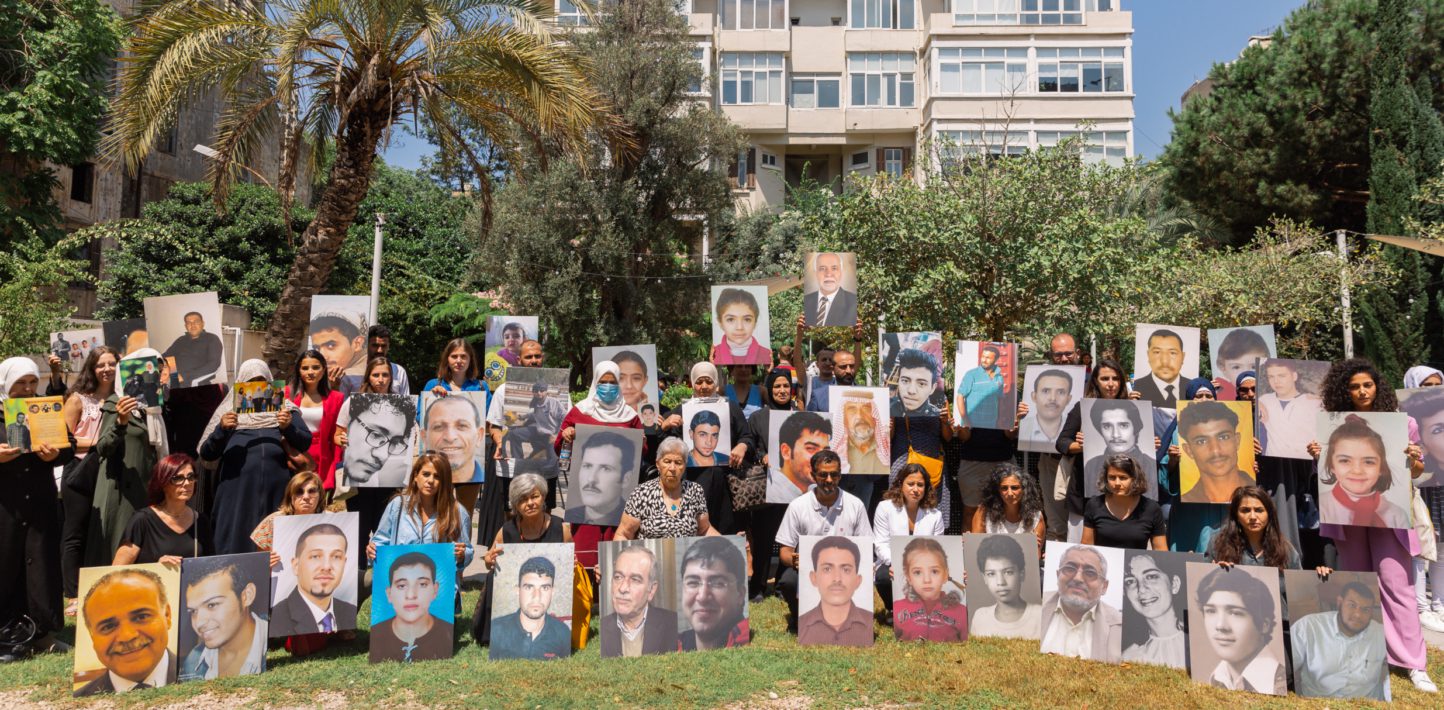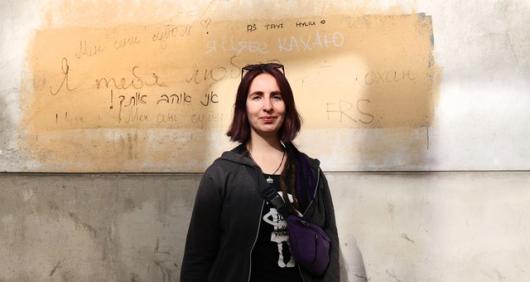By Greg Iacurci
See original post here.
KEY POINTS
- About 1 in 5 American workers have a job with “high exposure” to artificial intelligence, according to Pew Research Center. It’s unclear if AI would enhance or displace these jobs.
- Workers with the most exposure to AI like ChatGPT tend to be women, white or Asian, higher earners and have a college degree, Pew found.
- Technology has led some to “lose out” in the past, largely when their job is substituted by automation, one expert said.
The notion of technological advancement upending the job market isn’t a new phenomenon.
Robots and automation, for example, have become a mainstay of factory floors and assembly lines. And it has had various effects on the workplace, by displacing, changing, enhancing or creating jobs, experts said.
Artificial intelligence — a relatively nascent and fast-moving type of technology — will undoubtedly do the same, experts said. However, it’s likely such tech will target a different segment of the American workforce than has been the case in the past.
“AI is distinguished from past technologies that have come over the last 100-plus years,” said Rakesh Kochhar, an expert on employment trends and a senior researcher at Pew Research Center, a nonpartisan think tank. “It is reaching up from the factory floors into the office spaces where white-collar, higher-paid workers tend to be.”
“Will it be a slow-moving force or a tsunami? That’s unknown,” Kochhar added.
About 1 in 5 American workers have ‘high exposure’ to AI
In basic terms, AI is built to mimic a human’s cognitive ability — i.e., to think like a human. It lets computers and machines perform tasks by themselves, Kochhar said.
ChatGPT — an AI chatbot developed by San Francisco-based OpenAI — went viral after debuting to the public in November 2022, fueling a national debate as millions of people used the program to write essays, song lyrics and computer code.
Such technology differs from robots, which generally perform physical tasks like lifting or moving objects.
In a new Pew study, Kochhar found that 19% of U.S. workers are in jobs with high exposure to AI. The study uses the term “exposure” because it’s unclear what AI’s impact — whether positive or negative — might be.
The high exposure group includes occupations like budget analysts, data entry keyers, tax preparers, technical writers and web developers. They often require more analytical skills and AI may therefore replace or assist their “most important” job functions, the report said.
Workers with the most AI exposure tend to be women, white or Asian, higher earners and have a college degree, the report said.
“Certainly, there could be some [job] displacement,” said Cory Stahle, an economist at job site Indeed. However, AI could also “open new occupations we don’t even know about yet.”
“The jury is still out,” he added.
Conversely, 23% of American workers have low exposure to AI, according to the Pew report.
These workers — like barbers, dishwashers, firefighters, pipelayers, nannies and other child care workers — tend to do general physical activities that AI (at least, in its current form) can’t easily replicate. The remaining share of jobs — 58% — have varying AI exposure.
In 2022, workers in the most exposed jobs earned $33 per hour, on average, versus $20 in jobs with the least exposure, according to the Pew study, which leveraged U.S. Department of Labor data from the Occupational Information Network.
Which workers may win and lose with AI
Fear of technology and its ability to destroy jobs has been around since the Industrial Revolution, said Harry Holzer, a professor at Georgetown University and former chief economist at the federal Labor Department.
“To date, these fears have been mostly wrong — but not entirely,” Holzer wrote recently.
Over time, automation often creates as many jobs as it destroys, added Holzer, the author of the 2022 book titled “Shifting Paradigms” about the digital economy.
Technology makes some workers more productive. That reduces costs and prices for goods and services, leading consumers to “feel richer” and spend more, which fuels new job creation, he said.
In advanced economies like the U.S., new technologies have a negative short-term impact on net jobs, causing total employment to fall by 2 percentage points, according to Gene Kindberg-Hanlon, a World Bank economist. However, the impact swings “modestly positive” after four years, he found.
“Will it be a slow-moving force or a tsunami? That’s unknown.”
Rakesh Kochhar
However, some workers “lose out,” Holzer said. That group largely includes workers who are substituted by technology — those directly replaced by machines and then forced to compete.
“Digital automation since the 1980s has added to labor market inequality, as many production and clerical workers saw their jobs disappear or their wages decline,” Holzer said.
Business owners, who generally reap more profit and less need for labor, are often the winners, he said.
The “new automation” of the future — including AI — has the potential to “cause much more worker displacement and inequality than older generations of automation,” perhaps eliminating jobs for millions of vehicle drivers, retail workers, lawyers, accountants, finance specialists and health-care workers, among many others, he said.
It will also create new challenges and needs like retraining or reskilling; those may have knock-on effects, like child care needs for disadvantaged workers, Holzer said.
Indeed data suggests there’s been a “pretty significant uptick” in the number of employers looking for workers with AI-related skills, Stahle said.
For example, about 20 jobs listings per million advertised by Indeed in July 2018 sought some type of AI skill. That figure had swelled to 328 jobs per million as of July 2023.
This remains a small share of overall Indeed job ads but is noticeable growth from “basically zero” five years ago, Stahle said. And most of the growth has occurred in the past year, likely tied to the recent popularity of ChatGPT, he added.
The growth has largely occurred in two camps: Workers building AI technology and those in more creative or marketing roles who use those A.I. tools, Stahle said.
Jobs in the latter group will be an especially interesting area to watch, to see how artificial intelligence might disrupt roles as varied as marketing, sales, customer service, legal and real estate, he added.
The post A.I. is on a collision course with white-collar, high-paid jobs — and with unknown impact appeared first on Basic Income Today.
This post was originally published on Basic Income Today.



